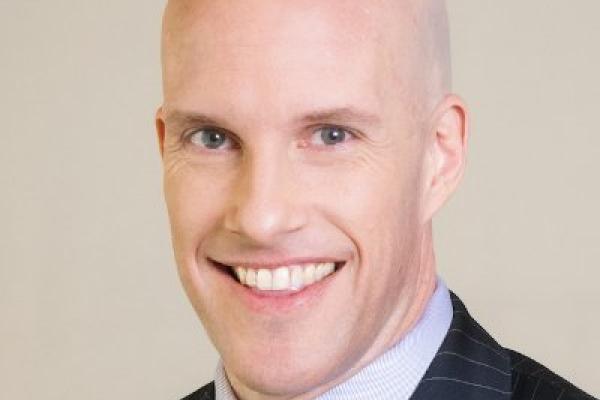
The men’s World Cup kicks off in Qatar Nov. 20. According to FIFA, the sport’s governing body, the 2018 World Cup drew more than 3.5 billion viewers and the championship game was seen live by more than one billion people. According to the UN there are about 8 billion people in the world.
Not all of that attention is on the matches. The countries that host the tournament draw attention as well - and not all of that attention is positive. This year’s tournament has raised questions about human rights in Qatar, and “sports washing” in general.
Join the Project on Ethics in Political Communication and the Institute for Public Diplomacy and Global Communication for a conversation about how much attention journalists covering the most watched sporting event on the planet should pay to non-soccer topics - and if so, how they can get that coverage right.
Prof. Silvio Waisbord, the Director of the School of Media and Public Affairs at George Washington University will lead a discussion with soccer journalist Grant Wahl and Arabian Peninsula expert Prof. Neha Vora of Lafayette College.
Grant Wahl (pictured) is one of the top soccer journalists in the US. His pre-World Cup writing includes the need to pay attention to the human toll of constructing the stadia, hotels and infrastructure the World Cup requires. He has covered World Cups for Sports Illustrated, CBS and Fox Sports. His books include The Beckham Experiment and Masters of Modern Soccer.
Prof. Neha Vora, is an anthropologist at Lafayette College. Her writing includes the books Impossible Citizens: Dubai’s Indian Diaspora; Teach for Arabia: American Universities, Liberalism, and Transnational Qatar; and Beyond Exception: New Interpretations of the Arabian Peninsula (co-authored with Ahmed Kanna and Amelie Le Renard).
Want to learn more?
Check out the below (to which we will keep adding). This is far from an exhaustive list of articles. A lot of smart people are offering a lot of thoughtful perspectives on the complicated questions of the intersections of sport and society.
- Grant Wahl
- Neha Vora and Natalie Koch
- The New Republic
- Amnesty International
- The Athletic
- The Guardian
- Human Rights Watch
- ESPN
- AP
- Sport, Ethics and Philosophy (academic journal)
- Sport Sensemaker - Paul Hayward
- Doha News
- Reuters
- Marc Owen Jones
- Natasha Iskander
